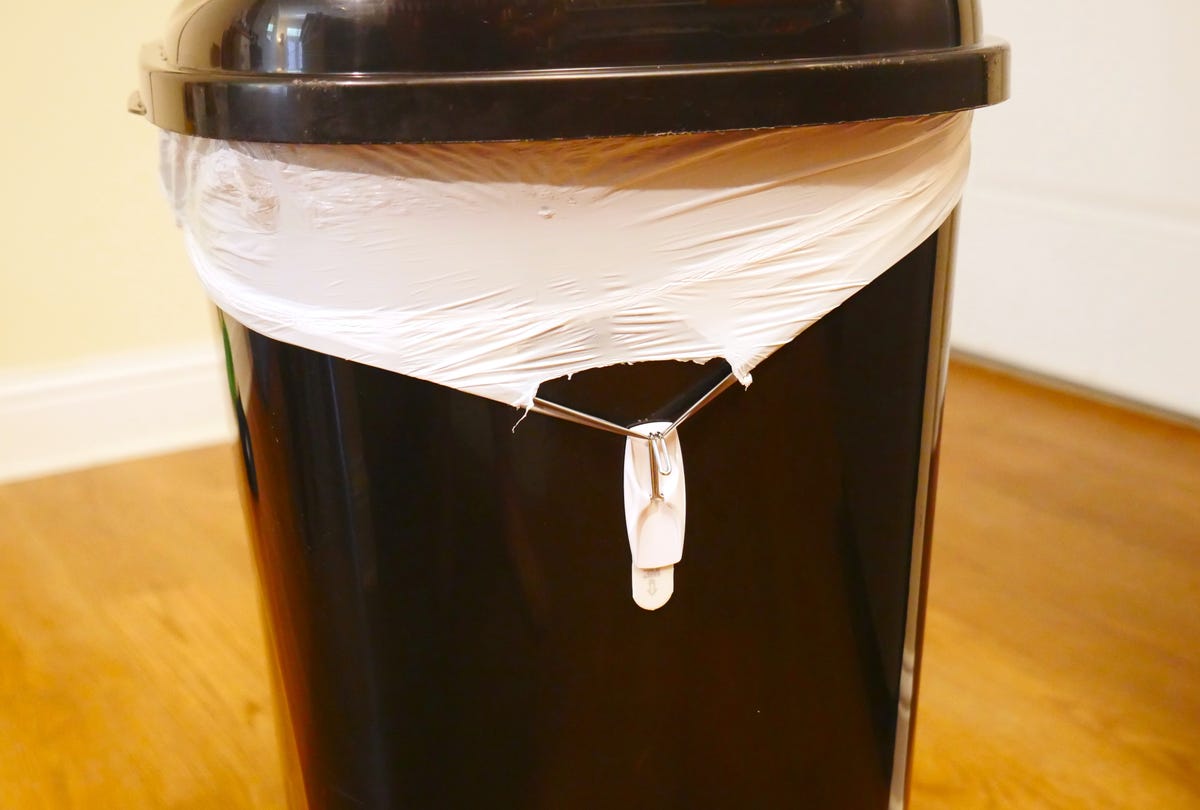What are those tiny little bugs swarming around in your kitchen? Why are there so many of them? It sounds like you have fruit flies, some of the most frustrating and irritating pest to get rid of from your home. Once they’ve locked on to a food source somewhere, they’re especially annoying. That’s why it can be so hard to clear them out of your living space.

With fruit flies, an ounce of prevention is worth a pound of cure. We asked Jody Green, an entomologist at the University of Nebraska-Lincoln, what causes fruit fly infestations and, more importantly, how to stop them or get rid of them once they start.
What causes fruit flies?

Beer, wine and soda are like a siren song for fruit flies.
Fruit flies will normally hitch onto any overripe fruit that you bring home from the grocery store, or any bruised fruit, which tends to ripen and rot more quickly.
Once the flies get in your house, she said, they’ll lay eggs everywhere they can — in rotten fruit or any fermented substances. And as it gets warmer, their life cycles quicken. That’s how infestations happen.
Read more: Keep Bugs Out of Your Kitchen With These Common Houseplants
Thankfully, there are ways to kick fruit flies out of your kitchen and expel them from your home. Some steps can help prevent an infestation, while others can help eliminate one. So take a look below, and keep your place free of fruit flies.
What do fruit flies look like?

Once fruit flies descend on your kitchen, it’s tough to get them to leave.
Fruit flies are about an eighth of an inch long, have red eyes (though some species have darker eyes) and are light brown with dark rings around their abdomen. They also have two wings (many insects have four).
What sorts of foods and environments attract fruit flies?

Ripe produce and sugary foods are magnets for fruit flies.
The common name that entomologists give fruit flies is “vinegar flies.” That’s because they’re naturally attracted to fermented liquid, and when fruit rots, it also ferments.
But fruit flies don’t thrive only on rotten fruit or vinegar. They also love sugary substances like soda, wine and beer, and you can find them in the bottom of your trash bin or any wet place with a substantial food source.
“Substantial food source” may mean something different to you than to the small but mighty fruit fly, Green said. “It may not be the food you are wanting to eat, but fruit flies are so tiny it only takes a tiny microhabitat” — like the residual soda in a can in your recycling bin or leftover bits and crumbs in a takeout container in your garbage, Green explained. Those are prime spots for fruit flies to breed. Once the weather warms, it takes less time for fruit fly eggs to turn into babies.
How to stop stop a fruit fly infestation before it starts

Take the garbage out as often as possible during warm summer months.
To prevent fruit flies from taking over your kitchen, it all comes down to cleaning. Keeping your place as dry and free of food as possible prevents pests from continuing their life cycle.
Throw away garbage and take out recycling frequently. Clean out the bottom of bins when liquid accumulates, wipe down counters after you’re finished cooking, and keep your sink and garbage disposal free of old food, empty of dishes, and as dry as possible.
Storing fruits and vegetables in the fridge instead of on the counter will also make it harder for the fruit flies to find them. And since they’re attracted to rotting fruit, you should carefully pick your produce at the store to make sure you aren’t bringing any rotten or bruised pieces home, Green said.
She also added that you should recycle or compost cardboard boxes that hold produce as soon as possible, because fruit flies could be breeding in them. Any place that catches water or is moist, like a wet kitchen rag or the rug next to the sink, could become a breeding ground for fruit flies.
For more home tips, here are the best air purifiers for clean air and the best cordless vacuums.




















+ There are no comments
Add yours